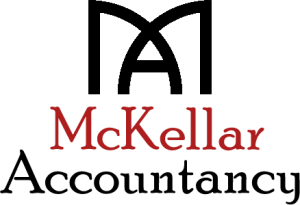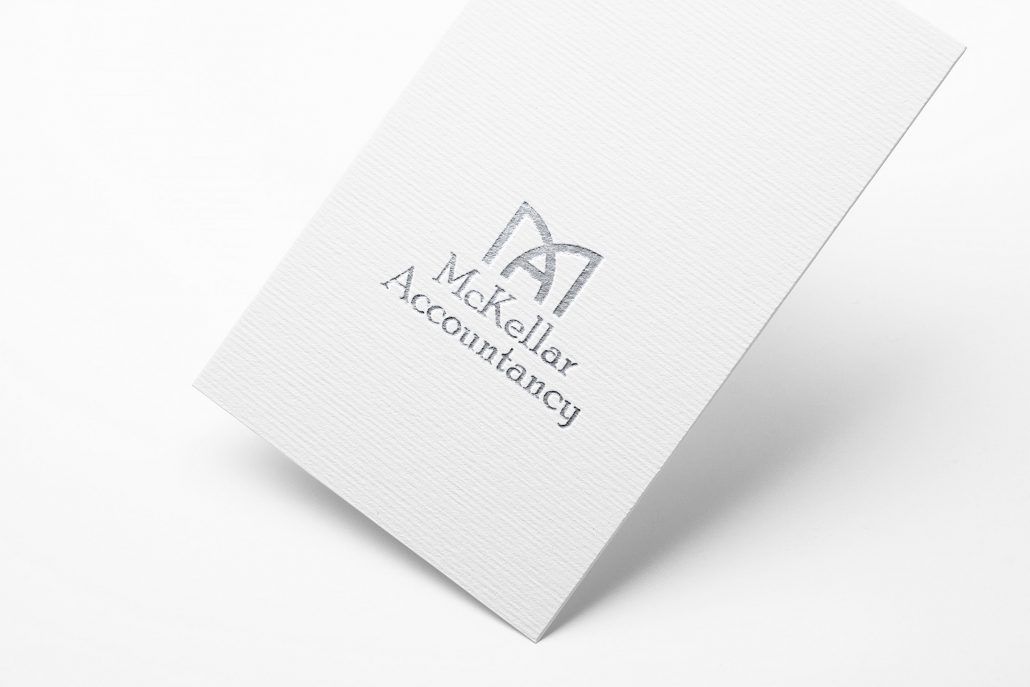In this month’s Enews, we look at the HMRC’s pilot for MTD for Income Tax and the impact of IR35 reforms on contractors. We also examine criticism of R&D tax reliefs and take a look at a new online service for voluntary National Insurance contributions (NICs). With news on the UK’s borrowing figures and the latest HMRC guidance for employers, there is a lot to update you on.
MTD for Income Tax pilot now live
HMRC’s pilot scheme for Making Tax Digital for Income Tax Self Assessment (MTD for ITSA) is now live.
Accountants, agents and individuals are able to sign up to the pilot and test the programme out. The pilot aims to assess the MTD for ITSA reporting environment, with an initial focus on those who are self-employed and landlords with annual income exceeding £50,000. Signing up to MTD for ITSA will become mandatory for individuals with income in excess of this threshold from 6 April 2026.
Those signing up to the pilot will be required to keep digital records and submit quarterly updates on their income and expenditure to HMRC via MTD-compatible software so that HMRC may test and develop the system.
However, after HMRC revised its list of software products that support MTD for ITSA only five are available for the private beta testing of MTD for ITSA.
These are:
- 1 2 3 Sheets Ltd
- Intuit QuickBooks Online
- Sage Accounting
- SE reports
- self assessment direct.
Chosen software must be able to create and store digital records of business income and expenses, send quarterly updates, receive information from HMRC and make your final declaration by 31 January as part of the submission of tax returns.
HMRC recommends checking with the software providers when choosing software to ensure it suits businesses’ needs.
Caroline Miskin, Senior Technical Manager at the Institute of Chartered Accountants in England and Wales (ICAEW), said:
‘Choosing the right software is a critical decision. Software products do need to comply with HMRC’s minimum functional standards but these are quite minimal. This means there will be very significant differences between products.
‘Cost is obviously a major consideration. The list includes some free products, but it is important to check the terms and conditions as well as what functionality is offered. It is disappointing that a wider range of software is not yet available.’
Internet link: GOV.UK
IR35 reforms taking their toll on skilled contractors
One in ten highly skilled freelancers are currently out of work due to the impact of reforms to IR35 tax legislation, according to research published by the Association of Independent Professionals and the Self-Employed (IPSE).
IPSE’s survey of more than 1,300 contractors in highly skilled roles found that 21% are not currently working, with half of them attributing this to the impact of reforms to IR35 tax rules.
Meanwhile, 55% of contractors said they had rejected an offer of work in the past 12 months due to it being deemed ‘inside IR35’ by the client. Furthermore, 24% said they intend to seek contracts overseas this year to escape the rules.
Andy Chamberlain, IPSE’s Policy Director, said:
‘Three years later, the off-payroll rules are still keeping thousands of highly skilled individuals out of work. It’s staggering that the Chancellor is happy for this to continue at a time when economic inactivity is one of his biggest concerns.
‘Our findings show that contractors want to prioritise clients who are willing to hire them on a freelance basis, and happy to walk away from those who won’t – even if this means not working at all.
‘The blame for this impasse doesn’t rest with clients – it rests with the culture of fear that is propagated by the IR35 rules. This is a damning legacy for a Chancellor who claims to be on the side of business.’
Internet links: IPSE website
Government urged to implement reforms to R&D tax system
The government is being urged to implement reforms to the Research and Development (R&D) tax relief system in order to avoid hurting small companies by the Suffolk Chamber of Commerce.
A report released by the Chamber found that recent changes by HMRC and a ‘wild west’regulatory system in regard to who can act as R&D tax advisers are ‘undermining confidence and take-up‘.
The Chamber collected a number of case studies and original survey research, which showed that 46% of small companies are deterred from making future claims based on their latest experience.
Chair of the Chamber’s R&D Tax Reliefs Task and Finish Group, Steve Elsom, said:
‘Our original research into local businesses’ experiences shows that the lack of knowledgeable experts at the HMRC, plus the imposition of an overly strict compliance regime is causing many legitimate companies’ most recent claims to be delayed and/or refused, with others fearful that previously successful claims from previous years might now be challenged.
‘Every right-thinking person applauds the crackdown in fraudulent claims, but HMRC appears to be going to extremes in its definition of the term. Our research showed that companies which might have made a very minor administrative error in their application are counted as fraudulent.’
Internet link: Suffolk Chamber of Commerce website
HMRC clarifies tax rules for WFH commuting
HMRC has updated guidance on when tax relief is available on travel expenses for staff who work from home.
The tax authority is responding to the growth of flexible or hybrid basis working contracts, particularly since the Covid-19 pandemic.
HMRC confirmed that ‘under such arrangements, the employee will have a base office and journeys from home to that location will be ordinary commuting’.
These trips are not eligible for tax relief.
Whether or not an employee’s home is a workplace does not affect the availability of tax relief for travel expenses.
Travelling from home to a permanent workplace is classed as ordinary commuting and not available for tax relief.
HMRC states:
‘Even though it may have been accepted that the employee’s home is a workplace, it does not necessarily follow that they’ll be entitled to tax relief for the cost of travel between their home and a permanent workplace.’
This is because even where working from home is part of the employment contract, this can be due to personal choice and not a requirement of the role. In such cases, travel from home to the office remains private travel.
Travel costs from home to a temporary workplace remain available for tax relief.
Internet link: GOV.UK
HMRC launches online voluntary NICs payment service
HMRC has launched a new online voluntary NICs payment service.
The government says the new service will make it easier for customers to check for and fill any gaps in their National Insurance record to help increase their State Pension.
It also said that the new Check your State Pension service has been enhanced to include an end-to-end digital solution.
The service shows customers by how much their State Pension could increase and outlines the voluntary NICs they would need to pay to achieve this.
The service also allows people under the State Pension age to view gaps in their National Insurance record and pay voluntary contributions to fill the gaps.
Minister for Pensions, Paul Maynard, said:
‘The State Pension is the foundation of income in retirement, which is why we have introduced this new online tool to help simplify boosting it for those who are able to.
‘I would encourage everyone to check their State Pension forecast and to take a look at how they could improve their State Pension award with only a few simple clicks.’
Internet link: GOV.UK
UK borrowing reduces Chancellor’s wiggle room
Higher than expected government borrowing has reduced the Chancellor’s ‘wiggle room’ at a pre-election Budget.
Government borrowing – the difference between spending and tax income – was £120.7 billion in the year to March, according to the latest figures from the Office for National Statistics (ONS).
This was £7.6 billion lower than last year, but £60 billion higher than the year before the pandemic and, critically, £6.6 billion higher than the Office for Budget Responsibility’s (OBR) forecast at the Spring Budget.
High inflation and rising interest rates also contributed to public spending rising by £58 billion for the year, according to the ONS.
Cara Pacitti, Senior Economist at the Resolution Foundation, said:
‘Last year was one of high but falling inflation and rising interest rates, causing both spending and tax receipts to rise in nominal terms compared to the year before.
‘While lower than last year, borrowing is already £6.6 billion higher than forecast at the Spring Budget last month. So far there are no signs of any new fiscal wriggle room emerging that might allow the Chancellor to announce another pre-election Budget in the Autumn.’
Internet links: ONS website Resolution Foundation website
More than seven million adults still struggling to pay bills, finds FCA
Around 7.4 million people in the UK struggled to pay a bill or a credit repayment in January, according to the Financial Conduct Authority (FCA).
The figure is lower than last year but is still significantly higher than before the cost-of-living crisis began.
According to the FCA, in January 2023, after the Russian invasion of Ukraine and the subsequent start of the cost-of-living crisis, the number of people in financial difficulty almost doubled to 10.9 million.
The FCA survey also suggested 5.5 million people had missed a bill or credit payment in the six months to January 2024.
In addition, one in nine people also had no disposable income, the FCA said.
Sheldon Mills, Executive Director of Consumers and Competition at the FCA, said:
‘Our research shows many people are still struggling with their bills, though it is encouraging to see some benefiting from the help that’s available.
‘If you’re worried about keeping up with payments, reach out to your lender straight away. They have a range of support options and will work with you to agree the best one for you. You can also find free debt advice through MoneyHelper.’
Internet link: FCA website
Latest guidance for employers
HMRC has published the latest issue of the Employer Bulletin. The March issue has information on various topics, including:
|
Please contact us for help with tax matters.
Internet link: Employer Bulletin







